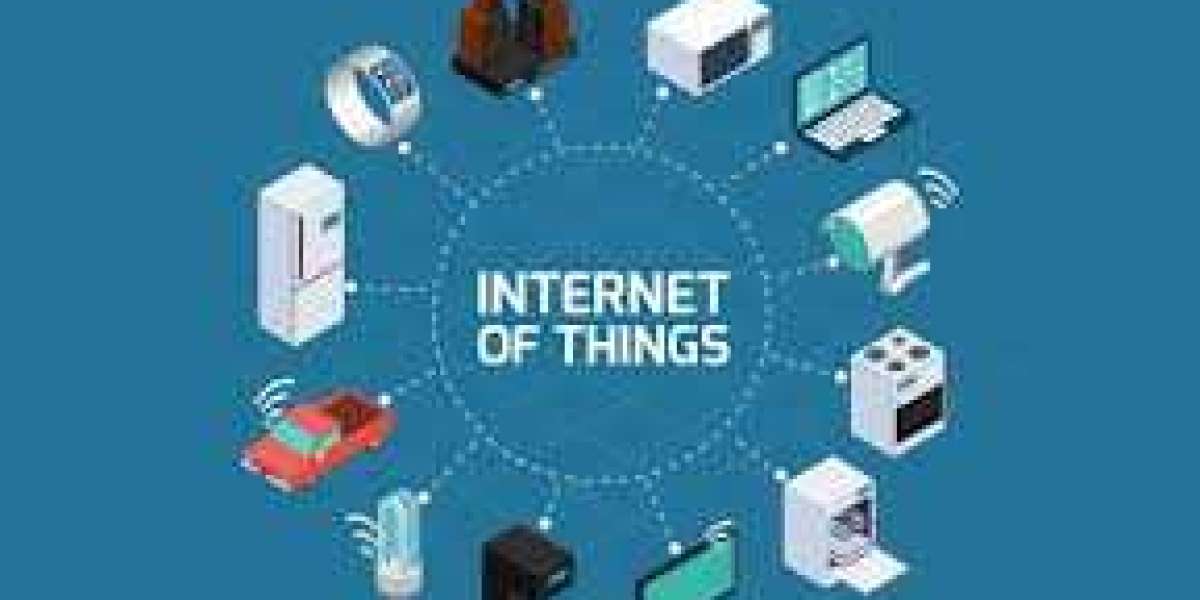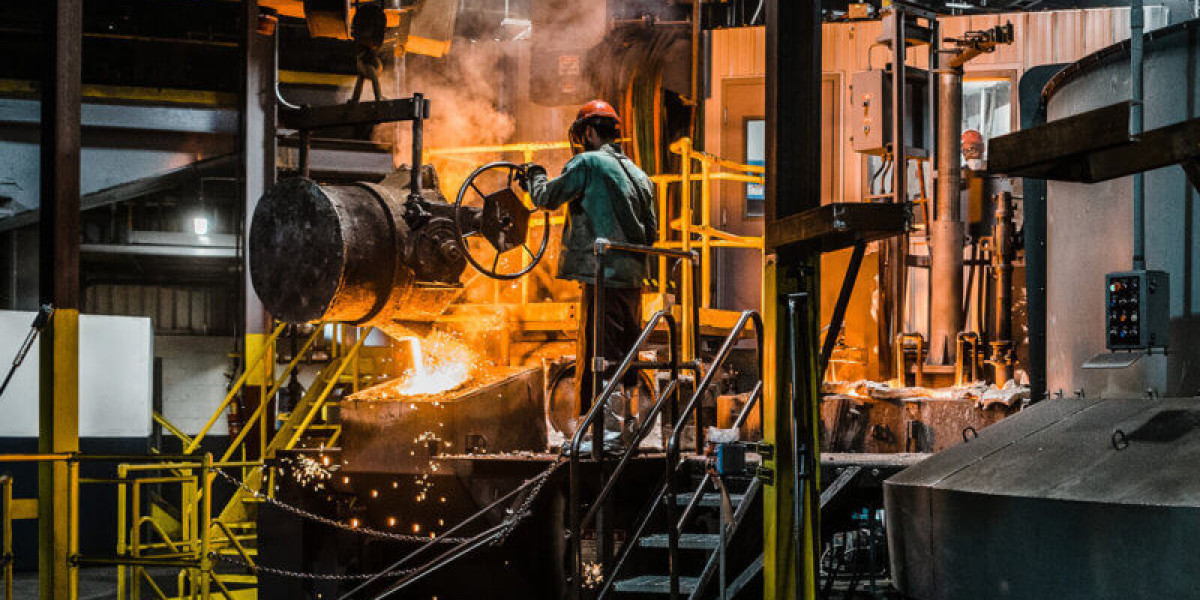The Internet of Things (IoT) refers to a network that connects objects in the physical world to the internet and to each other. By allowing devices to communicate with each other, IoT enhances consumer experience and productivity by minimising human intervention and associated disruptions,
IoT’s potential applications:
The Internet of Things can be used to create value in several ways. In addition to improving productivity in current operations, the Internet of Things can enable new types of products and services. Application in various fields include:
Agriculture: Real-time weather and soil alerts, crop advisory services, connected tools such as autonomous tractors and harvesters and personalized micro-financing can revolutionize agriculture.
Manufacturing: IoT sensors can help reduce maintenance costs through preventive maintenance.
Healthcare: Smart pills and medical wearables can make diagnostic and prescriptive healthcare affordable and accessible.
e-Commerce: IoT can synergize the demand and supply of location and preference based services by leveraging connected devices and big data.
IoT’s importance to Smart Cities:
Smart Cities seek to improve quality of life by leveraging ICT and smart solutions.
Smart Water: Connected tools can
Check water quality
Provide real time information on leakages
Monitor flood risk
Smart Environment: Automatically monitoring pollution levels and sustainability targets can ease sustainability planning and action.
Smart Waste Management: IoT can enable efficient segregation, disposal and recycling. E.g. Municipalities can be automatically alerted when trash cans fill up.
Smart Safety: Wearables and smart cameras can enhance safety by sensing distress and alerting the police and paramedics in case of crime or accidents.
Smart Transport: GPS-enabled public transport, smart traffic lights and CCTV cameras can reduce travel time and make a transport safer and cheaper.
Smart Grids: Time-of-day-based applications, smart meters and automatic fault-detection and maintenance can cut costs substantially.
IoT has the ability to change the way we live, work and relate to each other. By reducing the need to perform mundane, repetitive tasks, it can unlock our creative potential. To fully realize the benefits of IoT, concerted action by enterprises and governments is required. India’s draft IoT policy which seeks to synthesise IoT, Smart Cities and Digital India to foster research and investment, is a step in the right direction.







